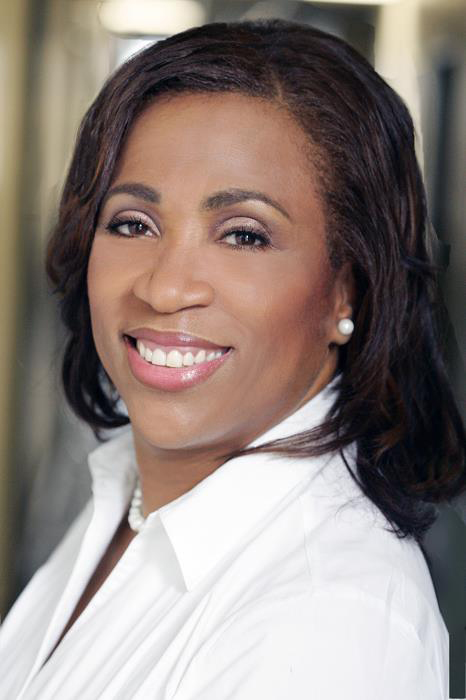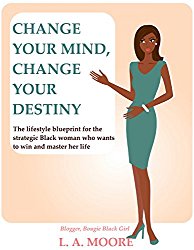Guest post by Sabrina Lamb
Across America about ten years ago, long lines of adults began crowding outside of retail stores, often sleeping outside overnight, elbowing and fighting for their chance to purchase products, such as sneakers and designer apparel, with zero resell value. Their desperate craving was obvious as they sought to replace their lack of self-worth with yet another purchase. Unfortunately, this hysterical practice continues today and is mirrored in our youth. Youth, from already financially fragile families, determine to spend every penny on products which they believe will impress others. Adults do not realize that their behavior teaches our youth to value labels on their body as opposed to their service to mankind. Resulting in another generation being raised with warped priorities, zero financial education and lacking generational wealth.
As Founding CEO of the WorldofMoney.org Youth Financial Education Institute, I have counseled countless parents whom have shared their angst, depression, anger and confidence with regard to their relationship to money. What many parents have not realized is that their long held emotions and generational toxic beliefs often are copied by their impressionable children. Parents forget that what they teach their proverbial son about money; they also teach their son’s son.
My 2014 and 45th NAACP Image Awards nominated “Do I Look Like An ATM? A Parent’s Guide To Raising Financially Responsible African-American Children” identifies parental money styles and is written in support of all well-intentioned caregivers of children. In a world which encourages hoarding, greed and mindless consumption, money has become a direct reflection of how parents feel about the value of their own lives and their proximity to power. The parental money style of parents, for example Dictator, Saboteur, Freedom, Savvy, Victim, Disneyland, has generational impact. No compassionate parent truly seeks a negative impact on their children.
Money was always mysterious to me. As a child, the subject of money was only reserved for ‘grown folks’. I knew that my father, a career officer in the United States Army, left home every day for some place called work. Through my child’s eyes, there was nothing that I could not have and nothing that I needed. My family’s economic lifestyle surpassed many of my classmates. Whatever I had the imagination to want, in all likelihood, my mother and father would bestow. Still, I never knew how money was earned or how it affected my life. I never saw a utility bill, a mortgage invoice or a bank statement. As the family breadwinner, my father took his responsibility to provide very seriously, so much so that I never thought that the lifestyle I had become accustomed to would ever alter —even upon the divorce of my parents. When my dream of being accepted into college came true, I blindly signed the densely written financial aid documents, inserting ‘zeros’ as assets. I had no appreciation that the student loans that I received required repayment. And who knew the true meaning of ‘interest’ and ‘penalties’? Neither my then-divorced mother nor I understood the ramifications of signing these legal documents.
When I graduated from college, I blindly abused the credit cards, which were aggressively promoted to students, ignoring the penalties and something called a credit report. These blunders continued to plague me into adulthood because I was oblivious to the world of money. Even when a money issue thumped me on the forehead wanting to have a moment of my time, I preferred to bury my head in the proverbial sand. When credit card purchases were denied, collection agencies called and apartment rentals were denied, did I wake up? Heck no! If there were an Olympic event in money squandering, I would be the undisputed Gold Medal winner, complete with my photo on a box of Wheaties. No one reading my book need make the same missteps. It is my hope that parents and caregivers will plan a financial legacy for their children, without living like a monk in austerity.
“Do I Look Like An ATM? A Parent’s Guide To Raising Financially Responsible African-American Children” identifies specific parent money styles and encourages parents to perform self-inventory, hit the reset button —for the sake of themselves and their children.
Sabrina Lamb is the Founding Chief Executive Officer of the WorldofMoney.org, a leading provider of financial education of youth in the New York City Tri-State area. She is a 2014 and 45th NAACP Image Awards nominee in Outstanding Literary Work-Instructional for her book “Do I Look Like An ATM? A Parent’s Guide To Raising Financially Responsible African-American Children.” She is also a 2013 inductee into the NBC News/TheGrio 100 and is also a contributor to the Huffington Post. She is also the recipient of the BDPA Small Business Innovator Award, Rainbow Push/Wall Street Project Honors, New York State Z-Hope Award, NV Magazine 2011 Movers & Shakers, National Black MBA New York Metro Chapter Entrepreneur of the Year Award. Sabrina has also been nominated for countless national service awards. Sabrina has promoted the cause of youth financial education through workshops and speaking engagements nationwide. Sabrina focuses WorldofMoney.org philanthropic efforts on Charity Water, Haitian Relief and Shoes For Liberia. Sabrina graduated from Lincoln University and attended St. John’s University School of Law.










